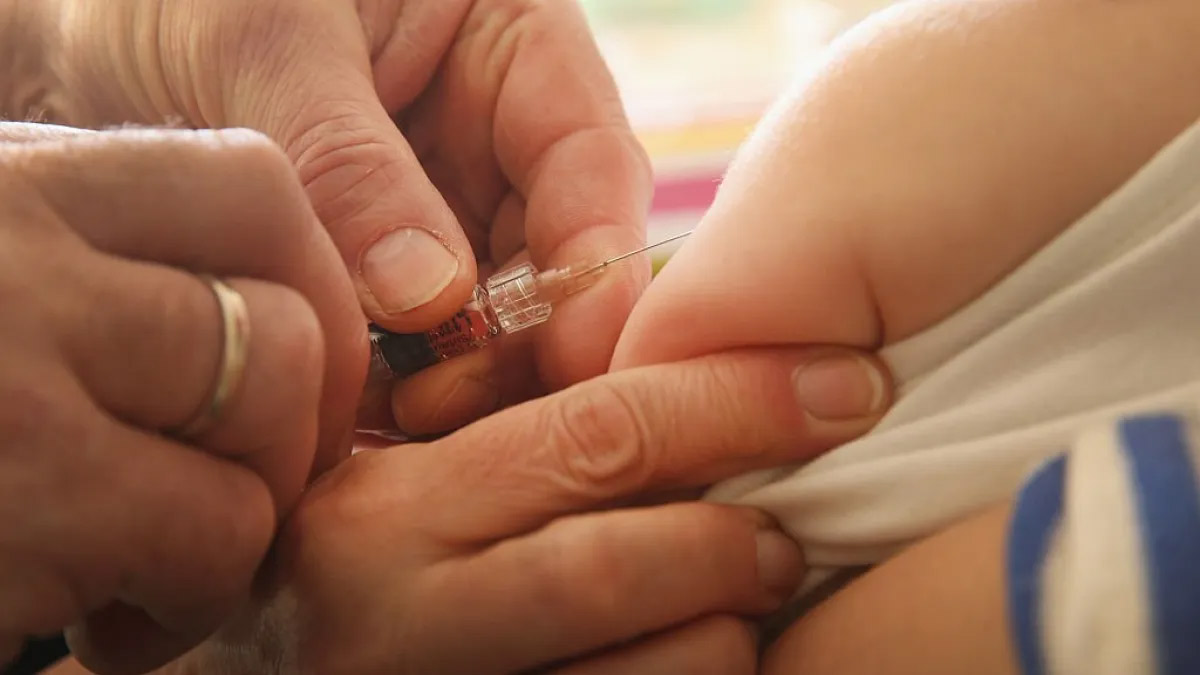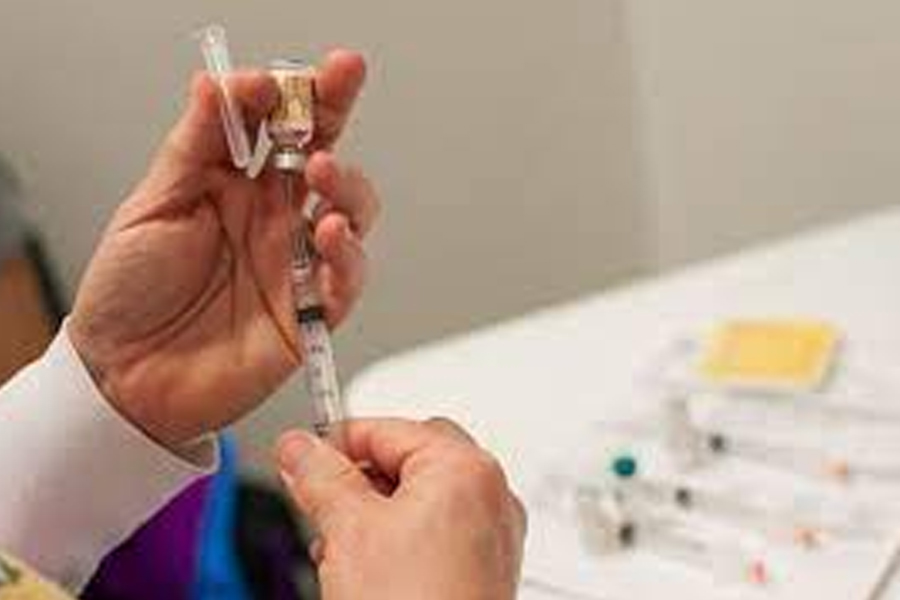
In a troubling development, the United Kingdom has witnessed a surge in whooping cough cases, culminating in the death of a tenth infant. This rise in cases has drawn significant concern from health officials, highlighting the severe impact of the outbreak on vulnerable populations.
Table of Content:-
Recent Surge in Cases
The UK Health Security Agency (UKHSA) recently reported that the death toll from whooping cough among infants in England has reached ten. This grim milestone coincides with alarming data showing that confirmed cases of whooping cough have surpassed 10,000 for the year. Although the majority of these cases are in individuals aged 15 and older, over 300 have been reported in babies under three months old, who are particularly susceptible to severe complications from the disease.
The outbreak is believed to have commenced in England last November. The first fatality was recorded in December 2023, with subsequent deaths occurring between January and June 2024. The increasing number of cases and deaths underscores the urgent need for public health interventions and awareness.

Global Context of Whooping Cough
Whooping cough, or pertussis, is experiencing a resurgence globally. Reports of fatalities have emerged from various countries, including China, the Philippines, the Czech Republic, and the Netherlands. Outbreaks are also occurring in the United States and the UK, reflecting a troubling trend of increasing cases worldwide.
Understanding Whooping Cough
Whooping cough is an infectious disease caused by the bacterium Bordetella pertussis. This pathogen primarily targets the upper respiratory system, leading to the release of toxins that cause the airways to become inflamed and swollen. The disease is highly contagious and can spread rapidly among unvaccinated populations.
Symptoms of Whooping Cough
Initially, whooping cough symptoms can mimic those of a common cold, including a stuffy nose, low-grade fever, and mild cough. This early stage can make diagnosis challenging. However, as the disease progresses, symptoms can escalate to severe, uncontrollable coughing fits. These fits are often accompanied by a distinctive high-pitched "whoop" sound upon inhalation, which typically occurs after the cough. These violent coughing spells can persist for up to ten weeks, significantly affecting an individual's quality of life.
Who is Most at Risk?
Infants are at the highest risk of severe complications from whooping cough. Unlike older children and adults, babies may not exhibit the characteristic cough but can experience severe respiratory distress, including episodes of stopping breathing. Teenagers and adults may suffer from milder symptoms but can still experience debilitating coughing fits. Adults, even without visible symptoms, can unknowingly spread the infection to others, complicating containment efforts.
Also Read: Listeria Outbreak In United States And Canada; Symptoms To Look Out For
Treatment and Prevention
Diagnosis and treatment are most effective when conducted early. Doctors typically prescribe antibiotics to treat whooping cough, especially if administered before the onset of severe coughing. If the coughing has persisted for more than three weeks, antibiotics may not be necessary, as the bacteria may have been cleared from the body, leaving only damage to the airways as the cause of continued symptoms.
Vaccination and Immunization
Vaccination plays a crucial role in preventing whooping cough. In the UK, routine immunisation is provided to infants to protect them against pertussis, along with diphtheria and tetanus. In the United States, there are two types of vaccines available: one for children under seven and another for those older than seven. In contrast, the Philippines is facing potential vaccine shortages, which could impact vaccination rates and increase the risk of outbreaks.
In response to the rising number of cases, health authorities are emphasising the importance of vaccination and booster shots to help control the spread of whooping cough. Public health campaigns are crucial in raising awareness about the disease and encouraging preventive measures, particularly in high-risk populations.
Bottomline
The ongoing whooping cough outbreak in the UK, marked by the recent death of a tenth infant, highlights the critical need for continued vigilance and public health efforts. As cases rise globally, understanding the disease, recognising symptoms, and ensuring widespread vaccination are essential steps in combating this resurgent infection. By addressing these challenges head-on, we can work towards safeguarding the health of our communities and preventing further tragedies.
Also watch this video
How we keep this article up to date:
We work with experts and keep a close eye on the latest in health and wellness. Whenever there is a new research or helpful information, we update our articles with accurate and useful advice.
Current Version